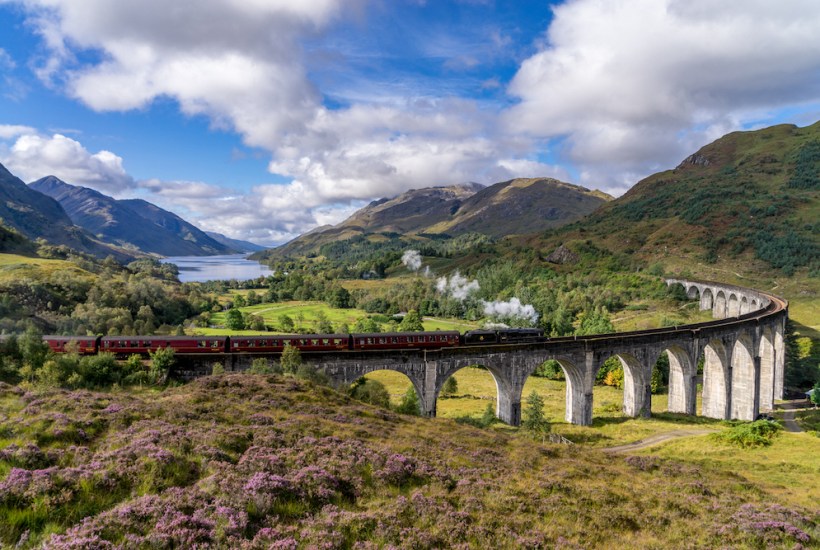When the operators of the most popular steam train service in Britain decided to challenge the safety authorities, they were confident that sentiment and nostalgia would win out. They’ve been proved wrong. The health and safety brigade has triumphed and consequently the Jacobite train, popularised in a Harry Potter film and running along one of the nation’s most attractive rail lines between Fort William and Mallaig on the West Coast, will no longer operate.
Already a subscriber? Log in
Subscribe for just $2 a week
Try a month of The Spectator Australia absolutely free and without commitment. Not only that but – if you choose to continue – you’ll pay just $2 a week for your first year.
- Unlimited access to spectator.com.au and app
- The weekly edition on the Spectator Australia app
- Spectator podcasts and newsletters
- Full access to spectator.co.uk
Or




















Comments
Don't miss out
Join the conversation with other Spectator Australia readers. Subscribe to leave a comment.
SUBSCRIBEAlready a subscriber? Log in